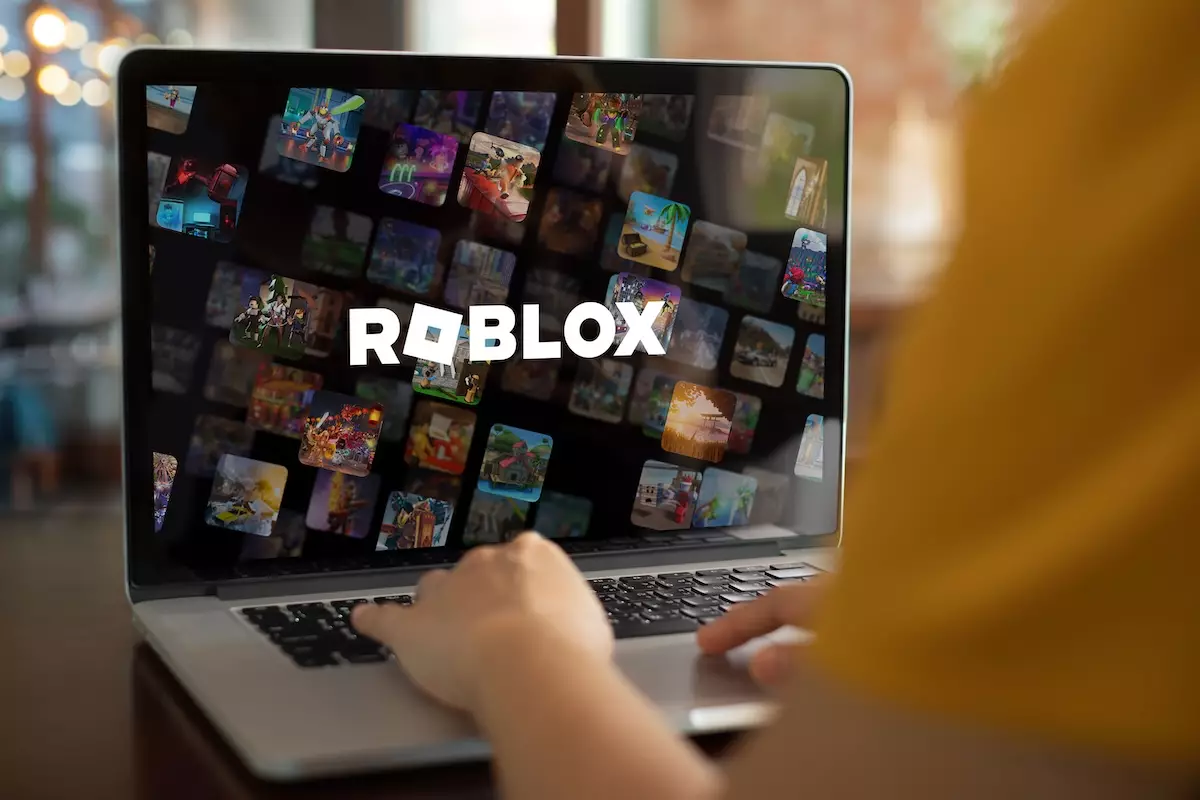As the landscape of online gaming continues to evolve, platforms like Roblox are increasingly scrutinized for their responsibility towards their young user base. The platform has recently taken significant steps to bolster its safety protocols, especially in light of growing concerns over child safety and exposure to online predators. These changes, initiated in part due to pressure from investigative reports revealing systemic vulnerabilities, represent a proactive approach to safeguarding children in a digital environment.
One of the cornerstone updates announced by Roblox is the prohibition against users under the age of 13 from messaging individuals outside the confines of games and experiences. This critical measure aims to minimize the risk of direct interactions that could compromise the safety of younger users. While in-game chats will still be available, messaging someone directly will require parental approval, thus introducing a layer of oversight that wasn’t previously mandatory. This step acknowledges the fundamental role communication plays in gameplay while also recognizing the need for stricter control measures to protect younger players from potential threats.
In addition to communication restrictions, Roblox has implemented age gating for certain gaming experiences deemed inappropriate for younger audiences. This decision reflects a significant shift towards content sensitivity, as the platform seeks to navigate the fine line between engaging gameplay and the risks associated with unsupervised social interactions. Notably, experiences that allow freeform interactions, such as drawing or writing, will entail stricter age restrictions, which can help curb exposure to potentially harmful content and conduct. According to Dina Lamdany, Roblox’s product lead for user settings and parental controls, the rationale behind this policy change stems from the recognition that certain types of content and conduct are more suitable for older users.
Roblox’s updated parental control features present a significant enhancement to user experience. Historically, the platform’s controls were limited, allowing adjustments only through children’s accounts. The introduction of remote management capabilities enables parents to oversee their children’s gaming activities directly from their own devices, bridging the gap of communication and control. This is facilitated by linking the parent’s account to the child’s after a verification process, which adds a level of security and authenticity to the parental oversight procedure.
Furthermore, parents can now track average screen time, set daily limits, and access their child’s friends list. As technology advances, so too must the tools parents have at their disposal to monitor and guide their children’s online interactions. The opportunity for parents to shape their children’s gaming experiences, coupled with enhanced visibility, empowers them to foster a more secure and accountable online environment.
Roblox has committed to providing clearer content labeling, guiding parents and children alike in making informed decisions about the games they choose to engage with. The platform’s new descriptors classify experiences based on their content maturity levels, ranging from “minimal” to “restricted.” Such a stratification allows parents to select appropriate content for their children based on their individual maturity levels and sensitivity to different themes. The classifications not only enhance accessibility but also ensure that users understand the potential risks associated with various gaming experiences, promoting a culture of responsible gaming.
Dynamic Adjustments for Growing Users
In a progressive step that mirrors the natural growth and evolving needs of children, Roblox will automatically adjust safety measures as users age. This unique feature ensures that children transition smoothly into new social interactions and content categories without unnecessary obstacles that may stifle their development. Additionally, Roblox will notify parents 30 days in advance of any changes based on their child’s age, providing them with the opportunity to reassess and adapt their monitoring strategies accordingly.
Roblox’s recent safety measures mark a crucial evolution in the platform’s approach to child protection. As the gaming giant confronts criticisms and challenges from various stakeholders, including parents, consumer advocates, and regulatory bodies, these updates represent an earnest effort to reclaim trust. By instituting stricter messaging policies, enforcing age-appropriate content regulations, and enhancing parental oversight, Roblox is not merely reacting to criticisms but instead laying a foundation for a more secure gaming environment. As the gaming world continues to develop, it remains imperative that platforms like Roblox prioritize safety, ensuring their children can explore, create, and connect in a secure and supportive digital space.

